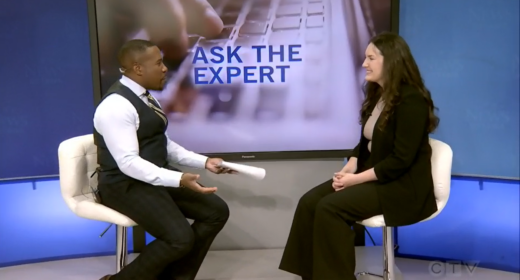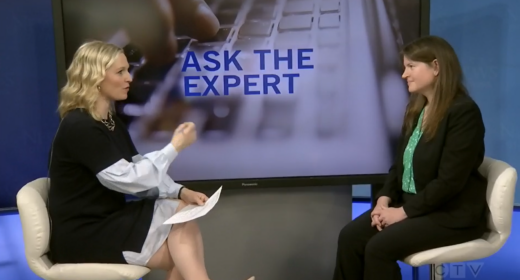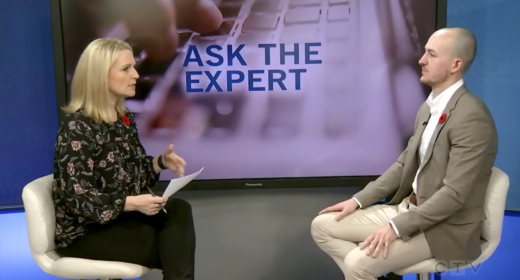In my previous blog post, Pre-Existing Impairments Offset from Non-economic Loss Awards and Impact Ongoing Benefits, I discussed the new Workplace Safety and Insurance Board (WSIB) policy 15-02-03, entitled “Pre-Existing Conditions”. This policy defines pre-existing conditions as “any condition that existed prior to a work-related injury/disease, and may include injuries, diseases, degenerative conditions, and psychiatric conditions.” The existence of the condition must be confirmed “by pre-injury or post-injury clinical evidence and may have been evident prior to the occurrence of the work-related injury/disease or it may become evident afterwards.”
Although the Board issued an administrative practices document entitled “Pre-Existing Conditions”, it did not provide any insight into how decision-makers would implement the new policy in the decision-making process. The Board has not explained how they will objectively measure or determine a previously asymptomatic condition and its impact on the claim. Advocates representing injured workers say that this new policy is having a disastrous effect on their clients, either delaying or terminating their benefits.
Since the new policy was introduced, when a pre-existing condition is identified – even if it was asymptomatic prior to the work injury – more often than not the Board will determine that the condition has overwhelmed the accident history, and it will terminate or reduce benefits. These decisions may be appealed to the Workplace Safety and Insurance Board Appeals Branch, as long as the time limit to do so is respected. Generally, the Appeals Resolution Officers at the WSIB are maintaining the case manager’s decisions; however, a review of recent Workplace Safety and Insurance Appeals Tribunal (WSIAT) decisions are frequently overturning the Board’s decisions to terminate benefits or offset non-economic loss awards.
Should you decide to advance your appeal to the Appeal Branch or Tribunal regarding termination or a limitation of benefits, it is important that the medical evidence supports the fact that the identified pre-existing condition was not disabling prior to the accident. Medical evidence should include, but not be limited to, the following:
- Is there medical evidence that discusses the causation of the disability?
- Is the evidence convincing, or does it use words such as “may be caused” or “could be caused” by?
- Does the medical evidence identify a diagnosis?
- Does the medical evidence explain or show that the worker did not have prior problems with the pre-existing condition?
- Does this evidence confirm that the pre-existing condition did not interfere with work activities until after the accident?
- Is a doctor, preferably a specialist, supporting the fact that the accident was a contributing factor to the current level of impairment/functioning?
- Is it more probable than not that the work accident hastened or worsened the symptomology of the pre-existing condition? If yes, this should be supported objectively.
- Are the permanent work restrictions with respect to the condition related to the work injury?
The test that is applied at the WSIAT level is the “thin skull test”, which says injured workers cannot be denied benefits for health conditions that did not interfere with their work abilities before an accident. Noting that the Appeals Tribunal is upholding this doctrine, thereby not endorsing a strict application of the Board’s new policy, we are cautiously optimistic that the Board will monitor the Tribunal’s approach to decision-making, although they are not bound to do so.
For more information about appeals to the Workplace Safety and Insurance Appeals Tribunal, contact our Labour Law Group.


